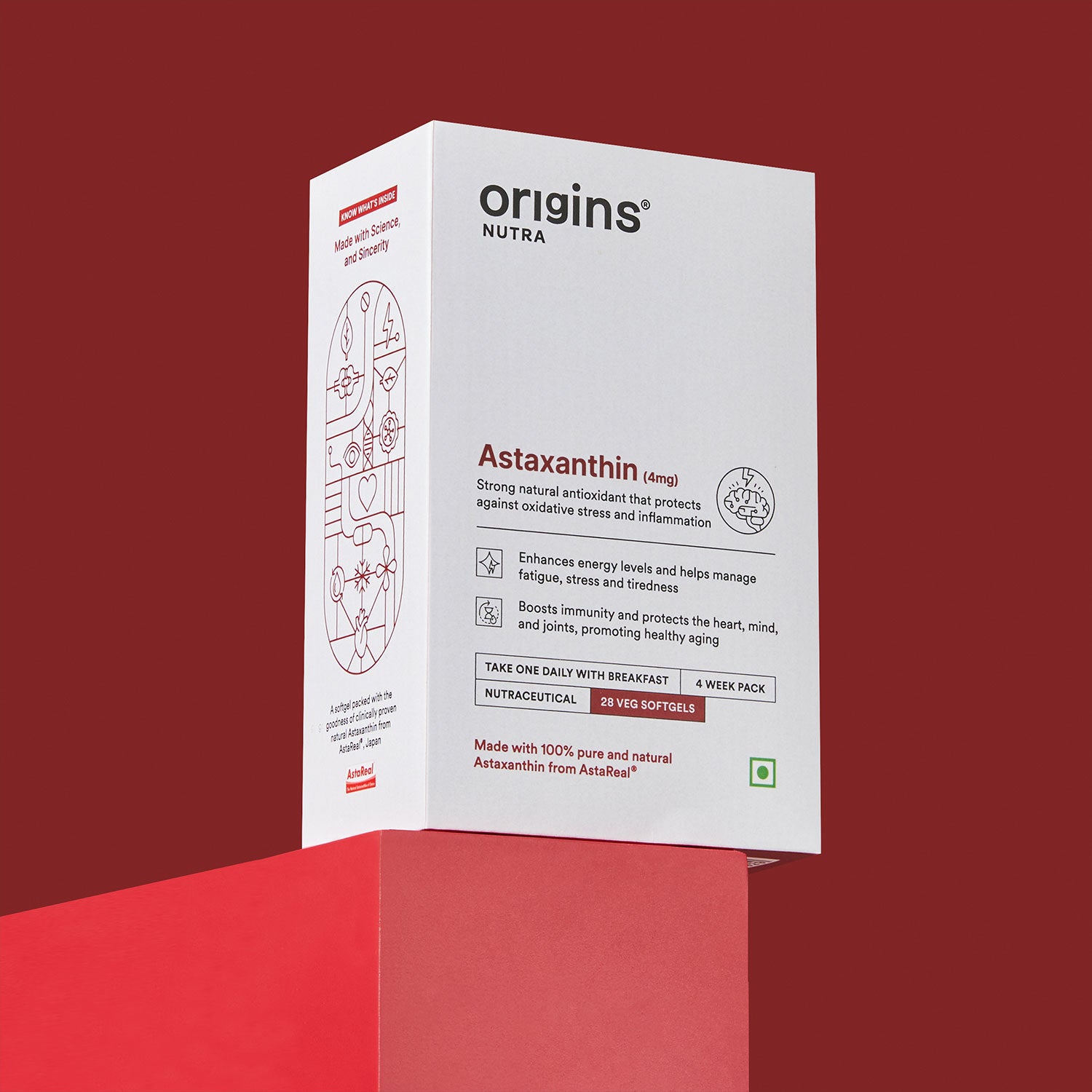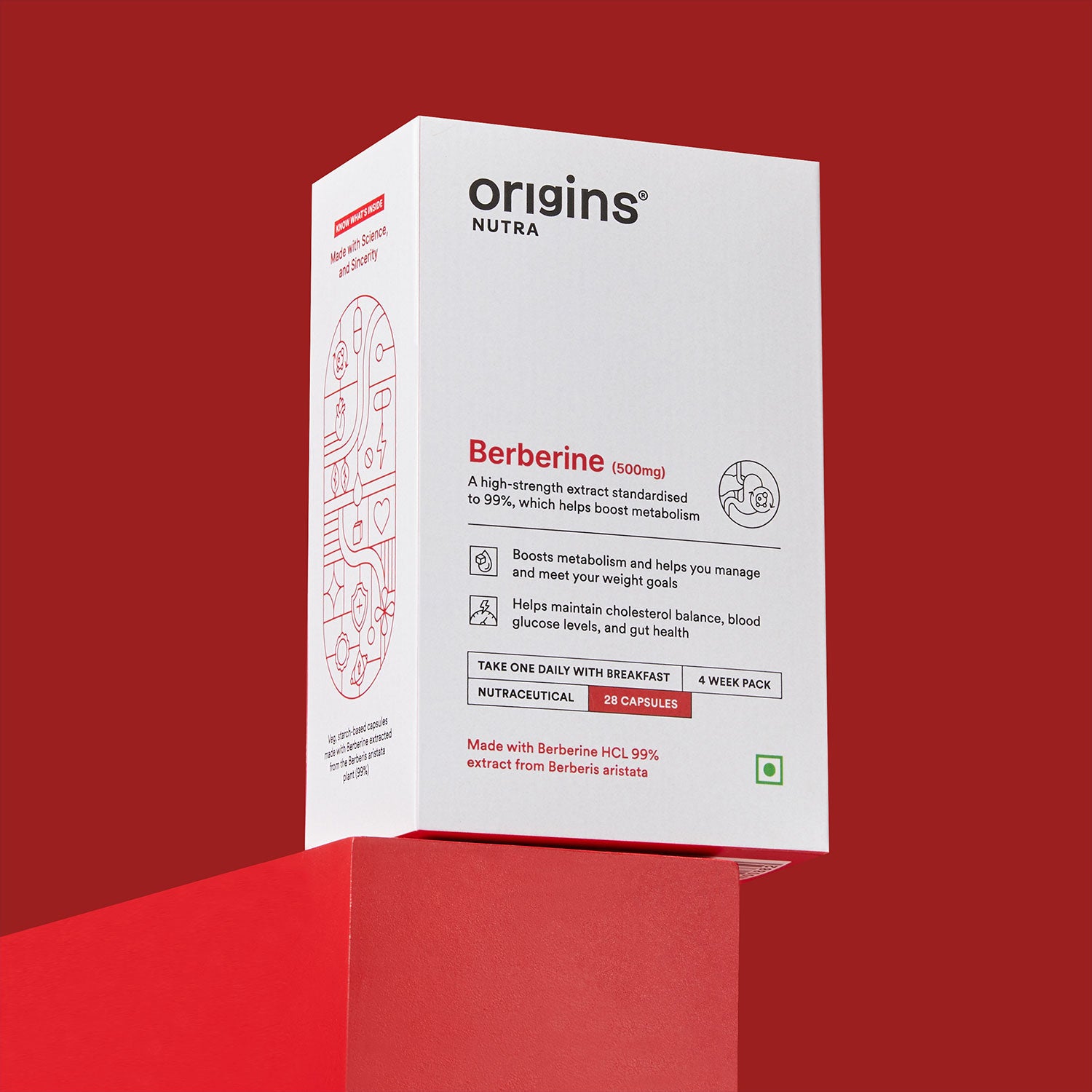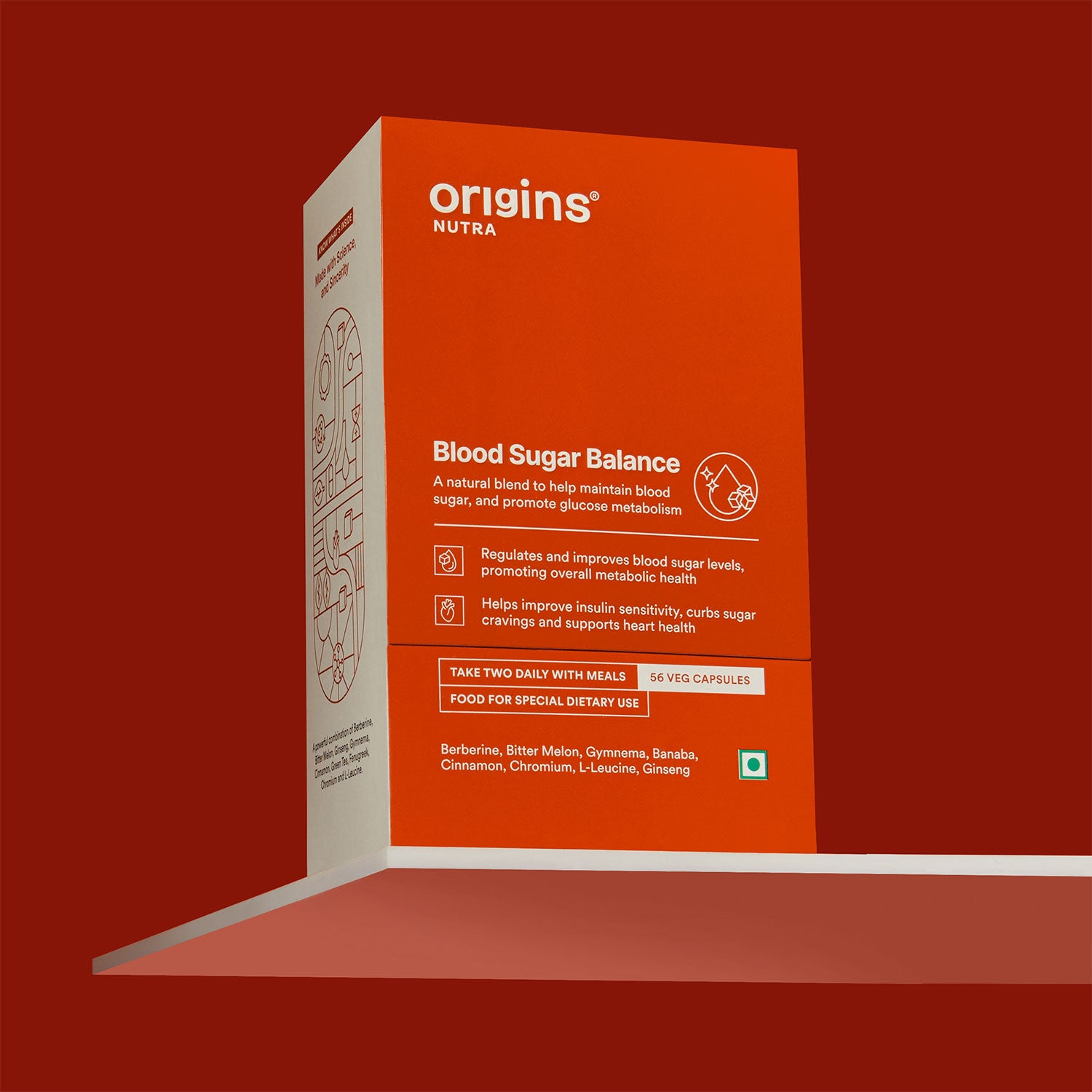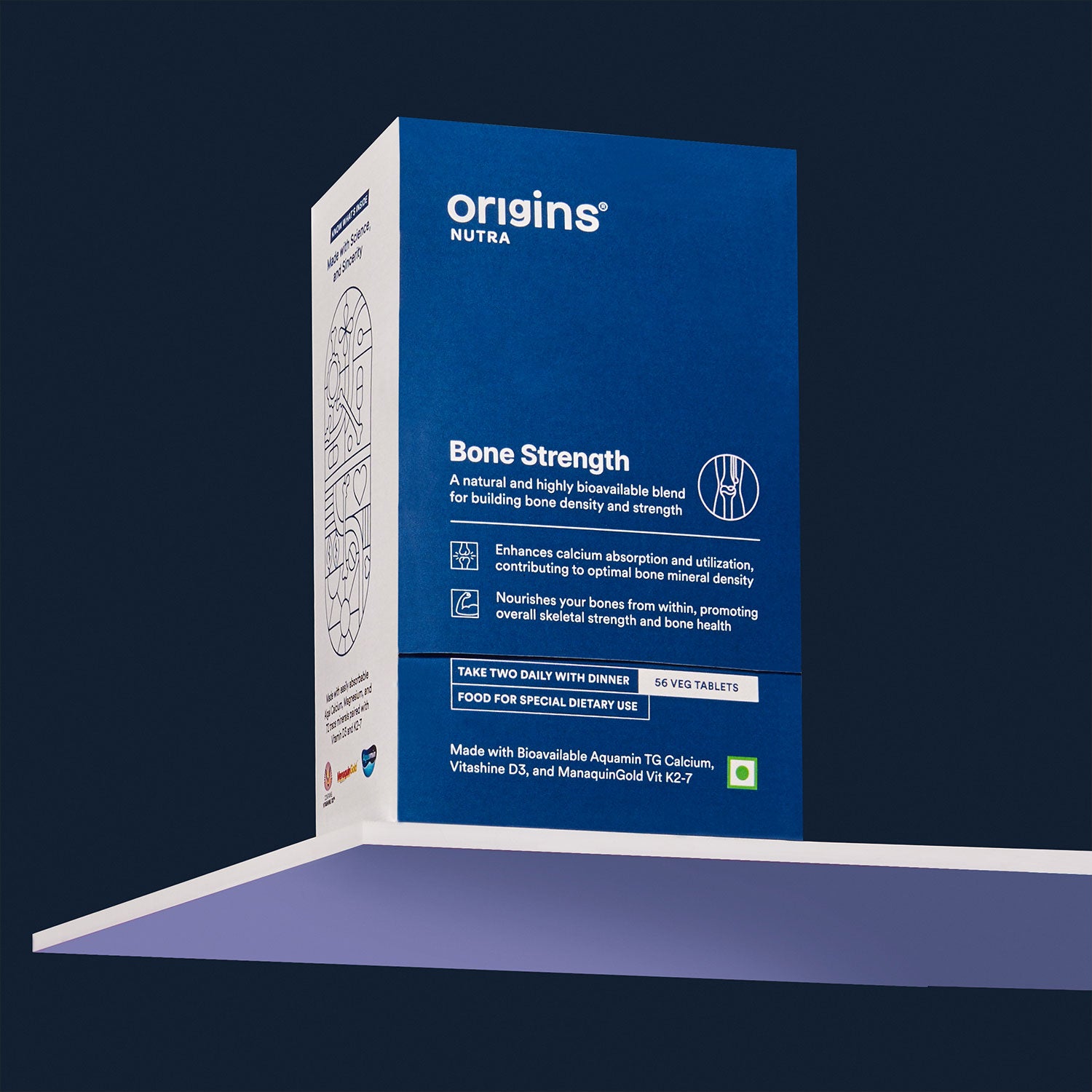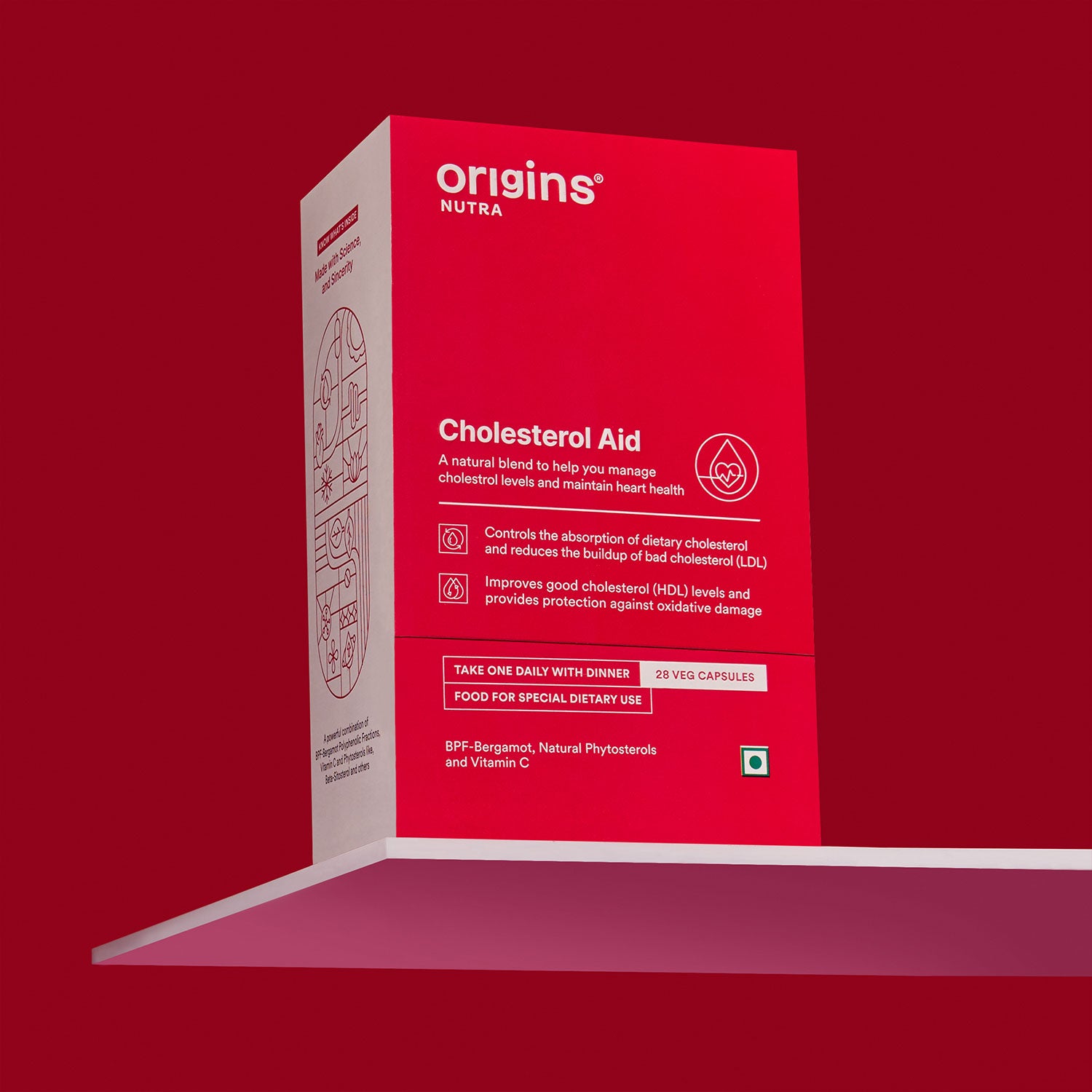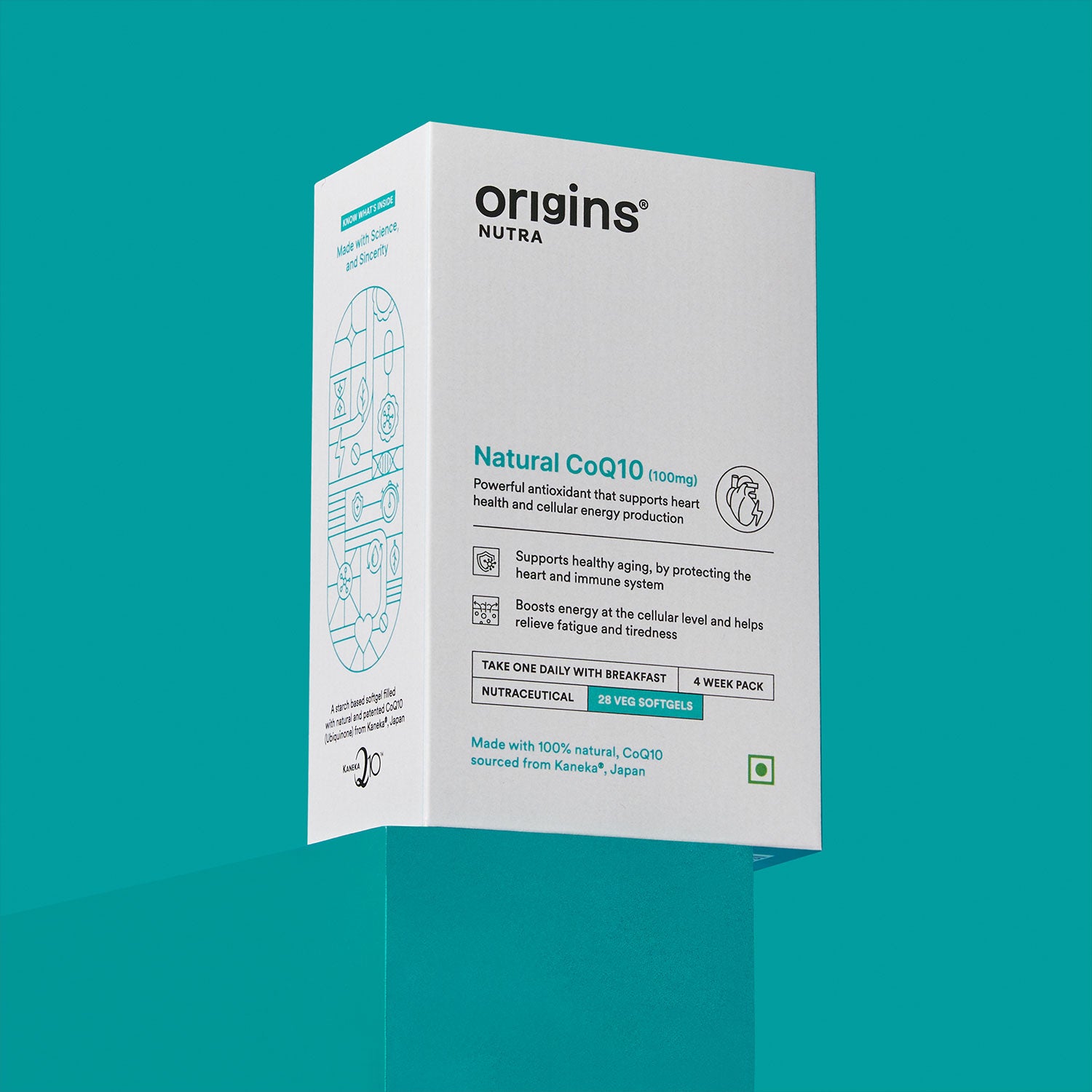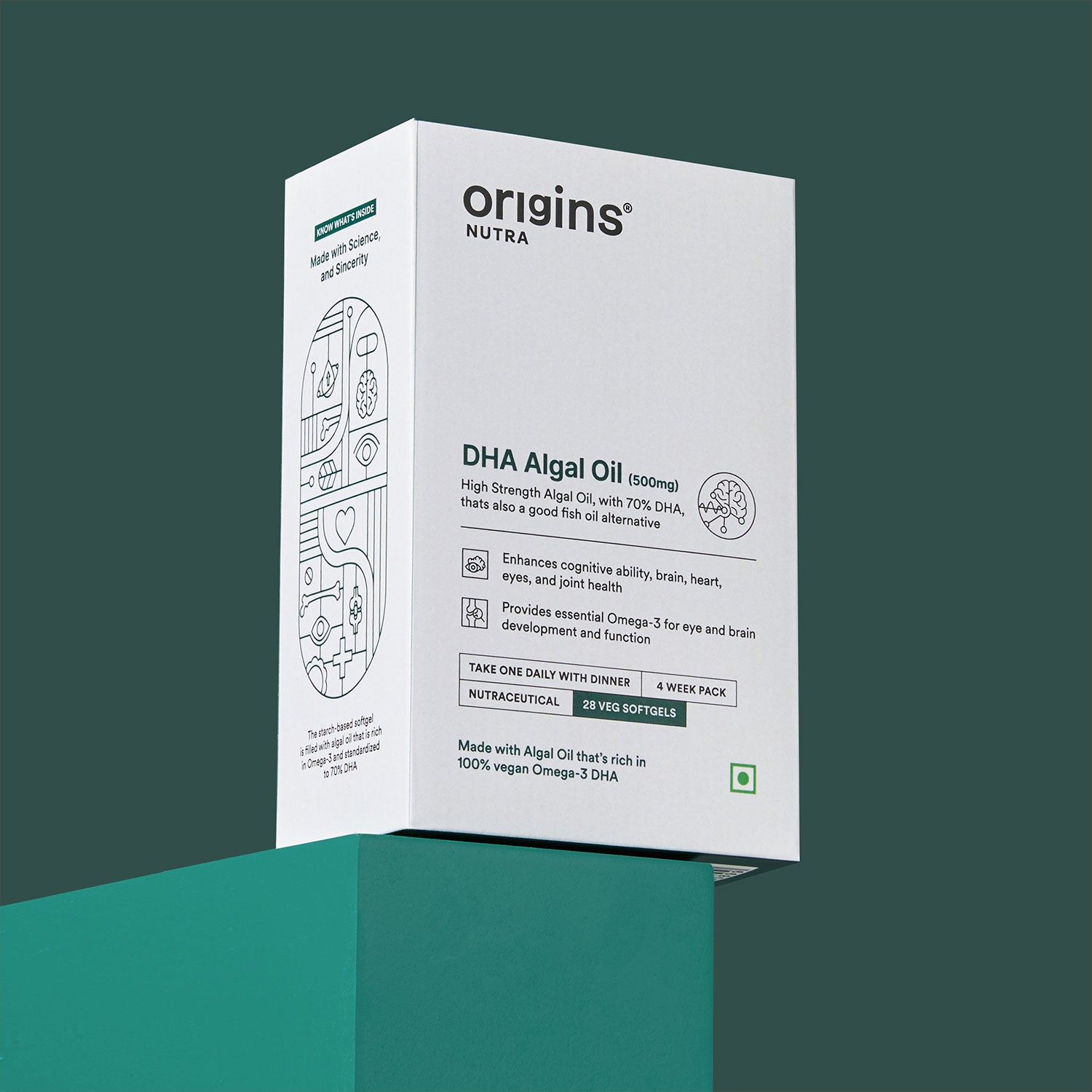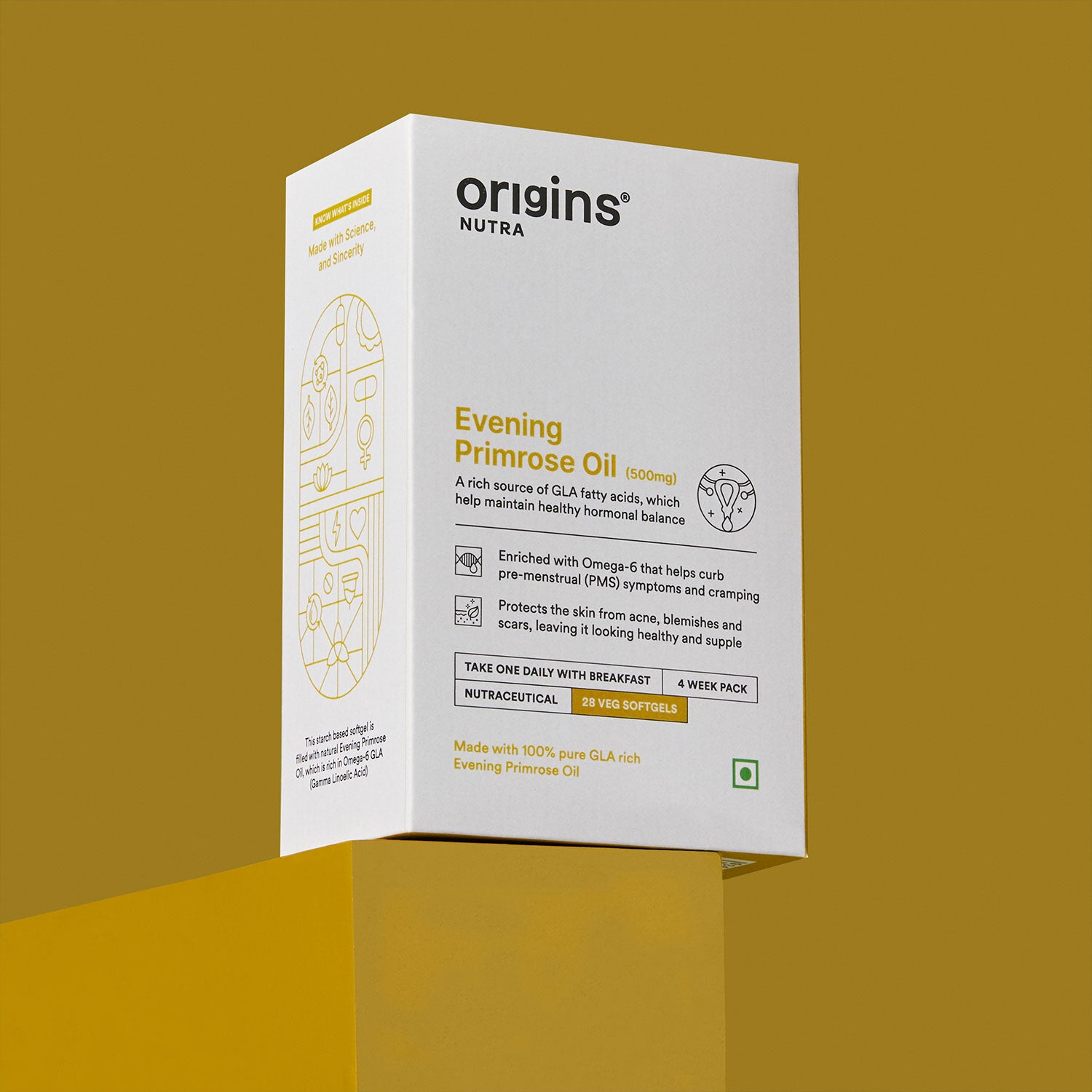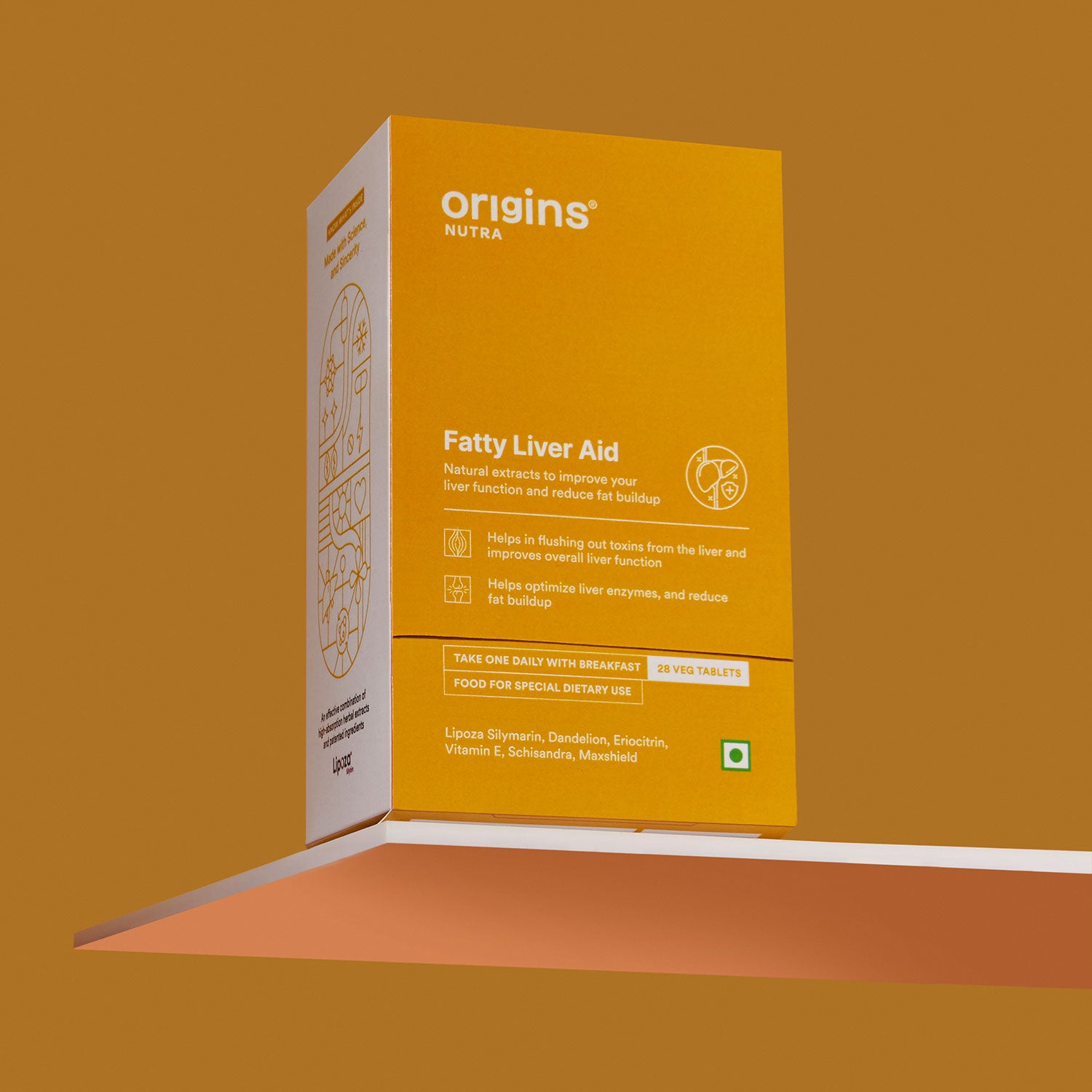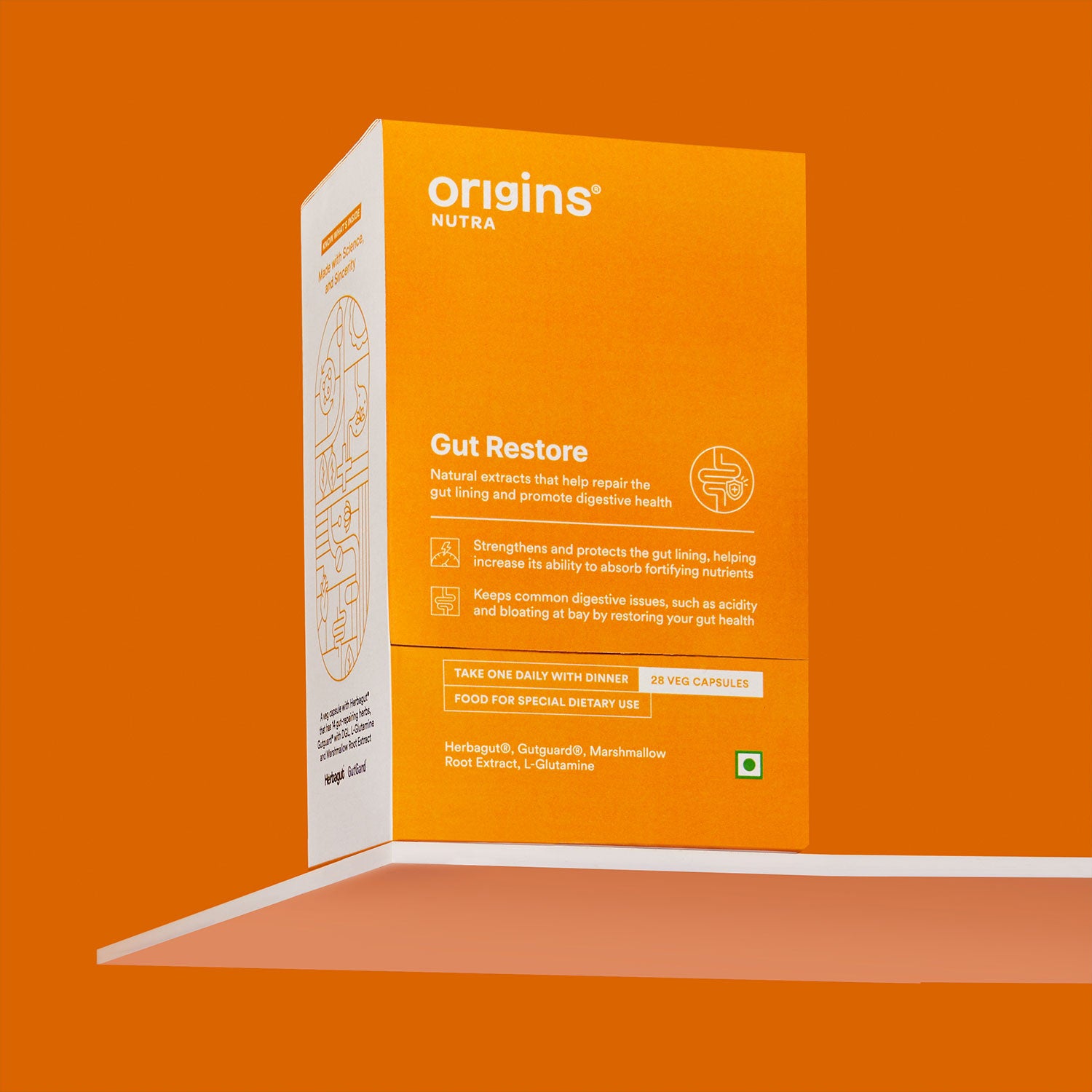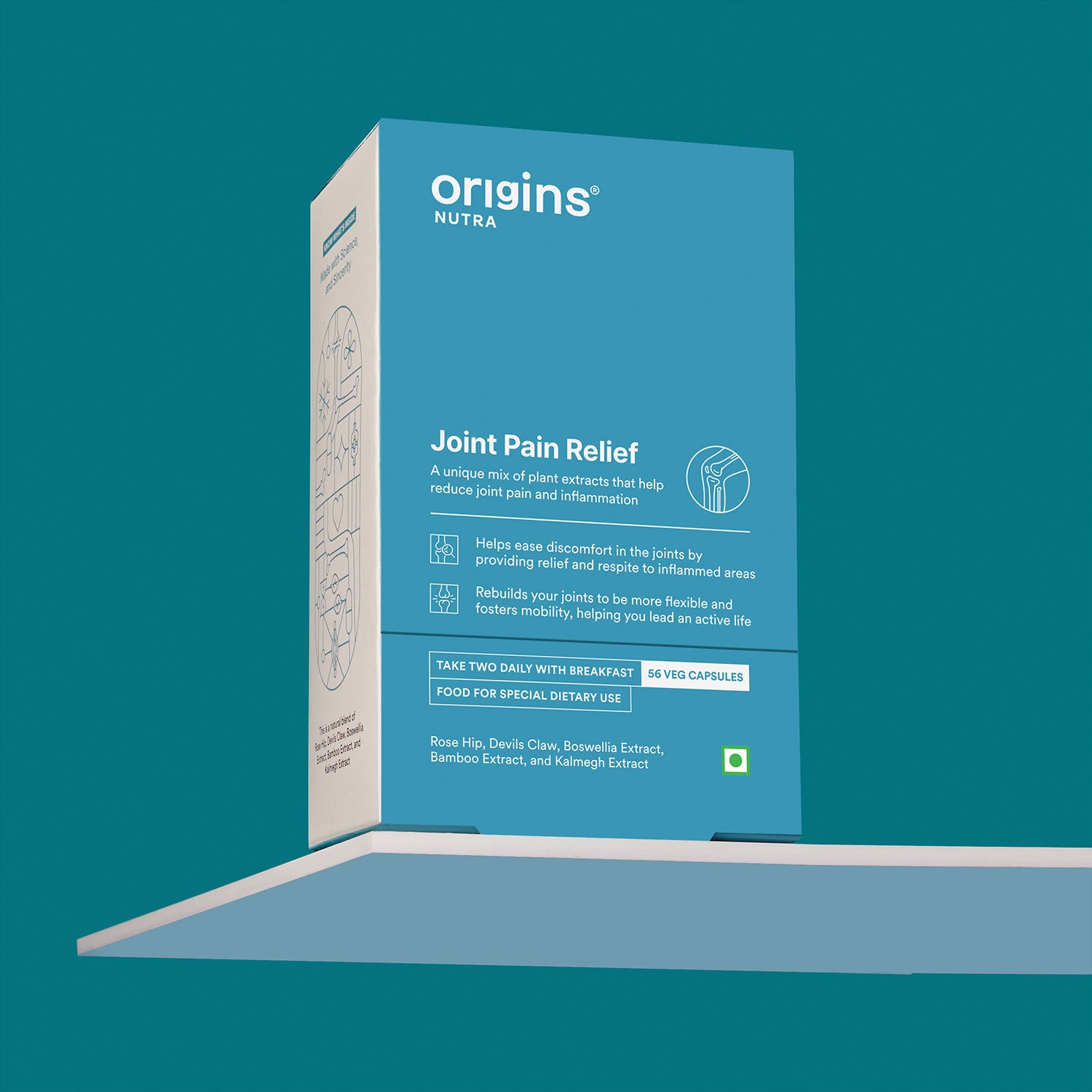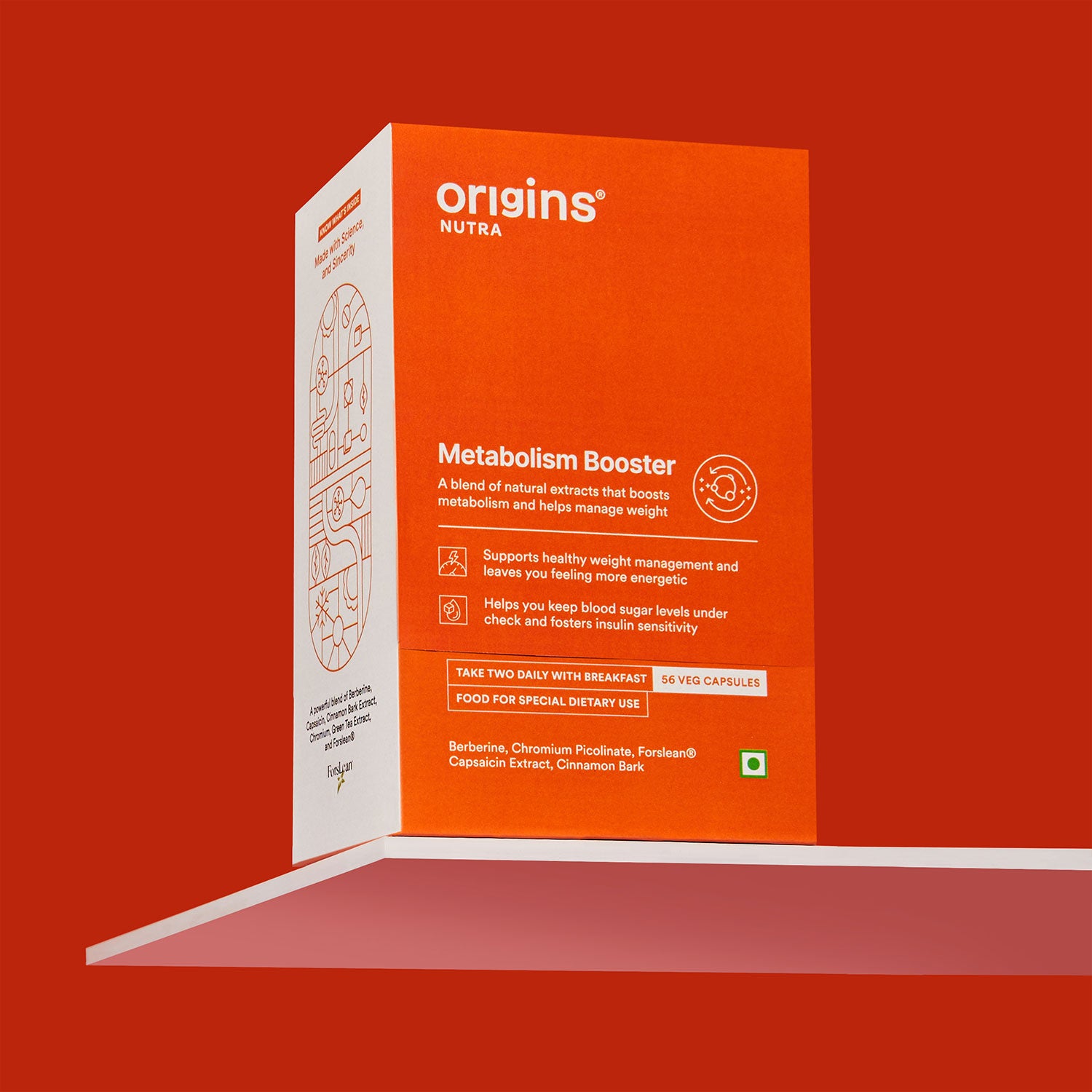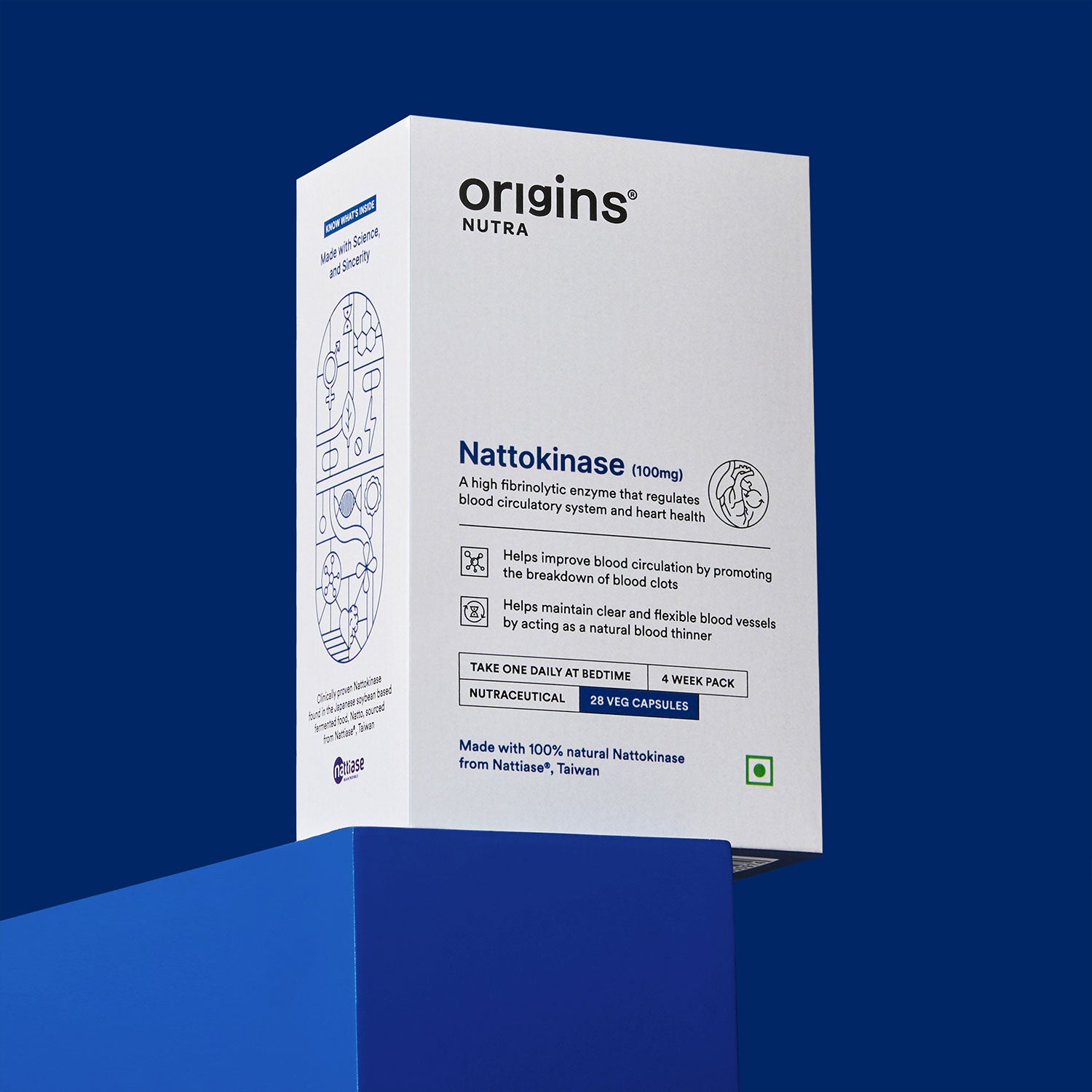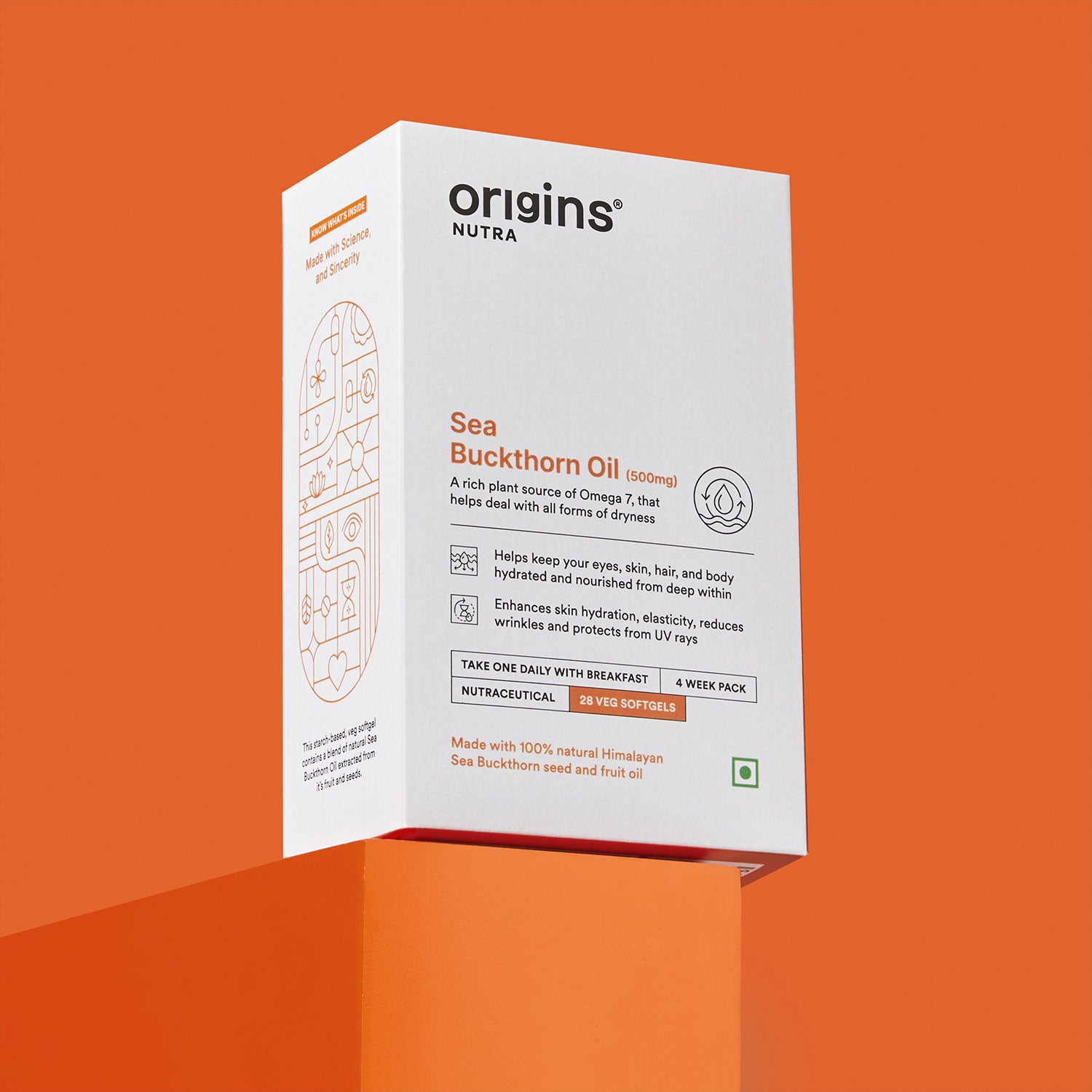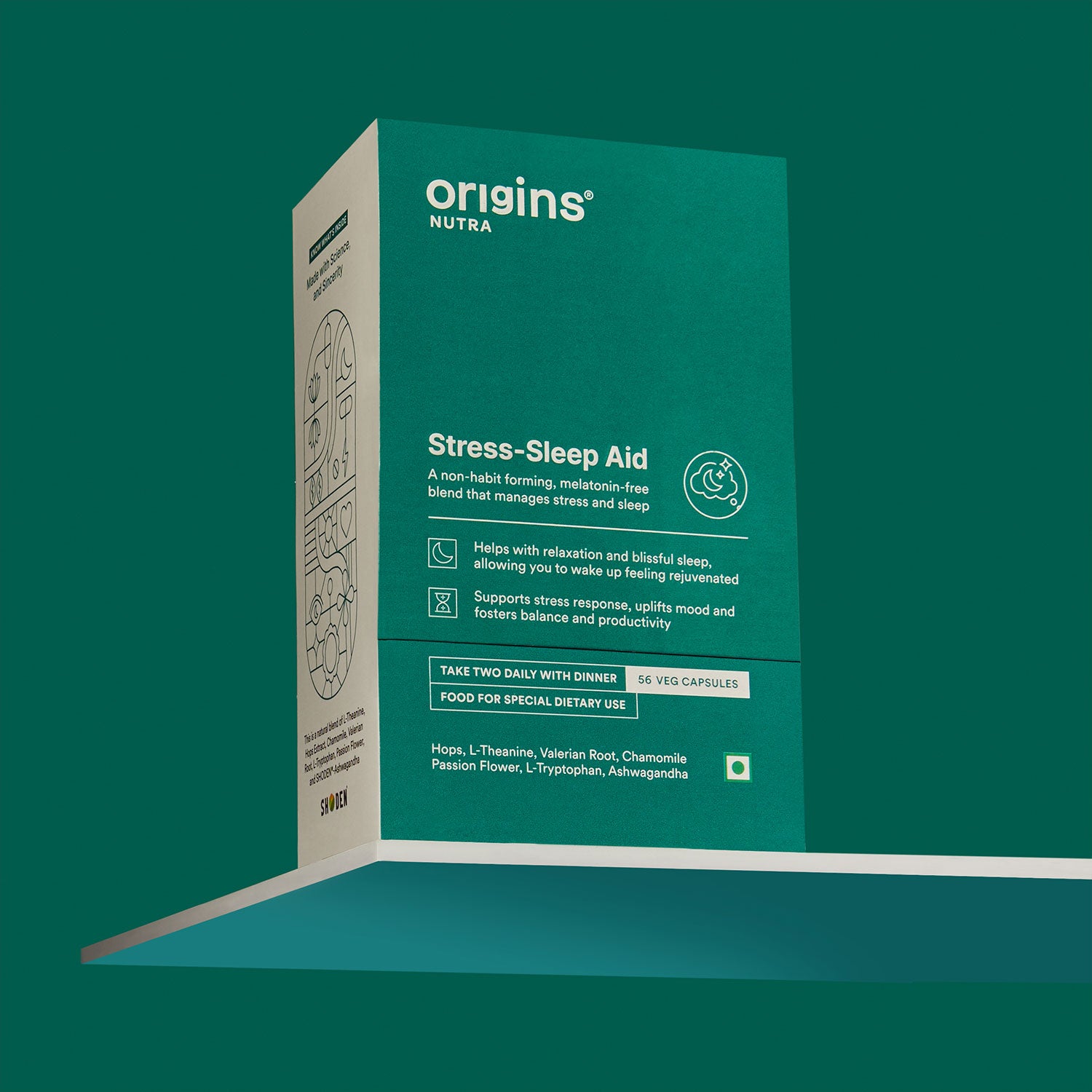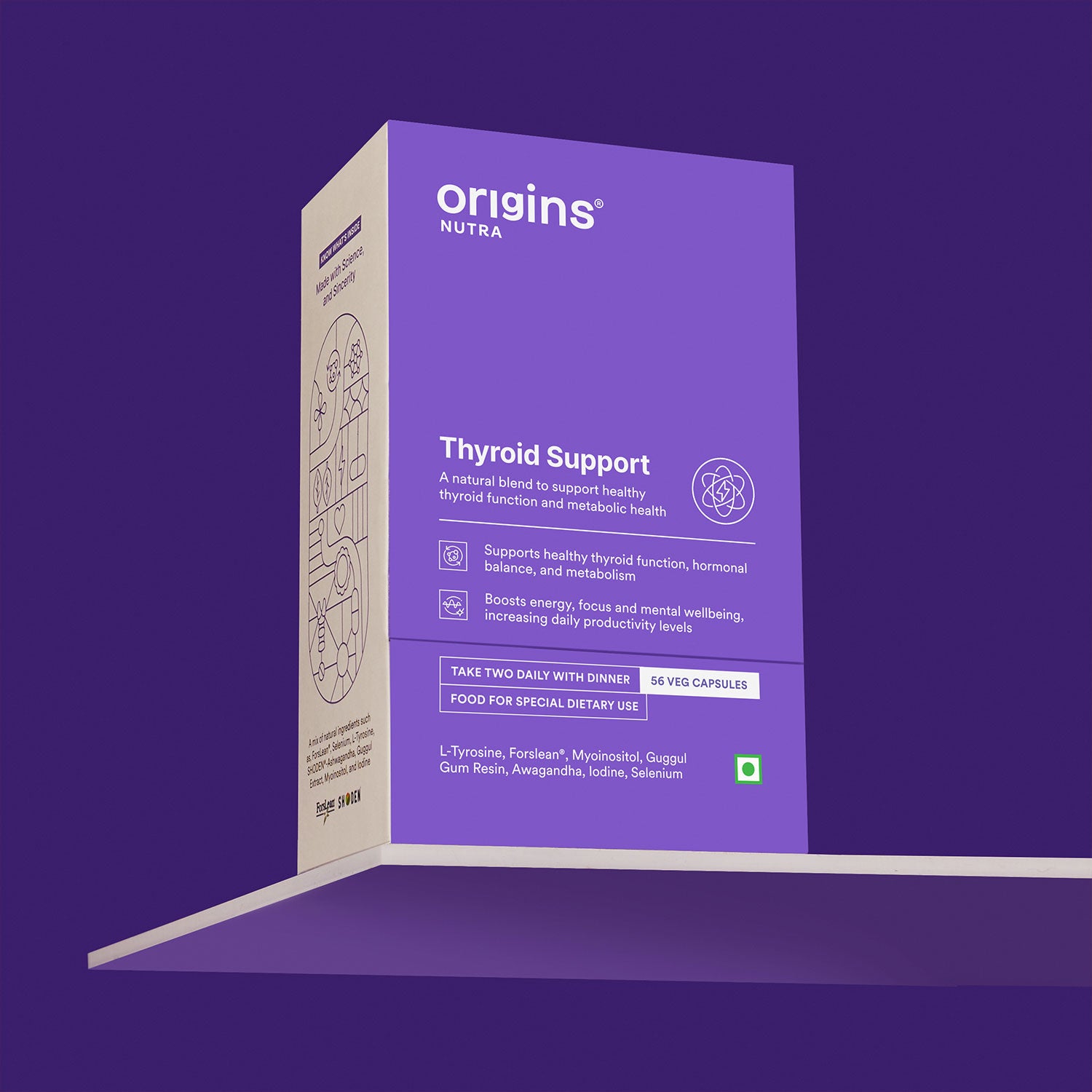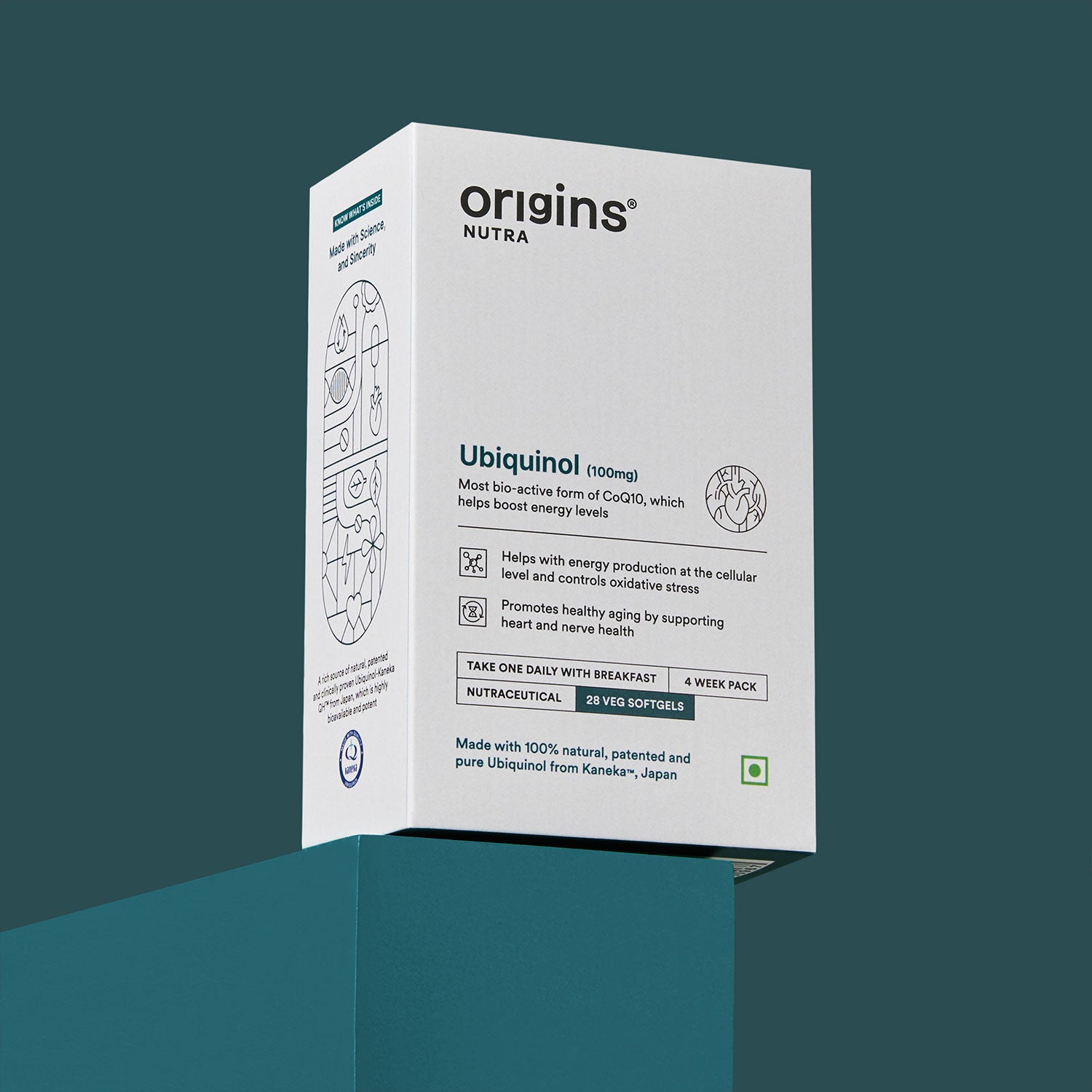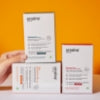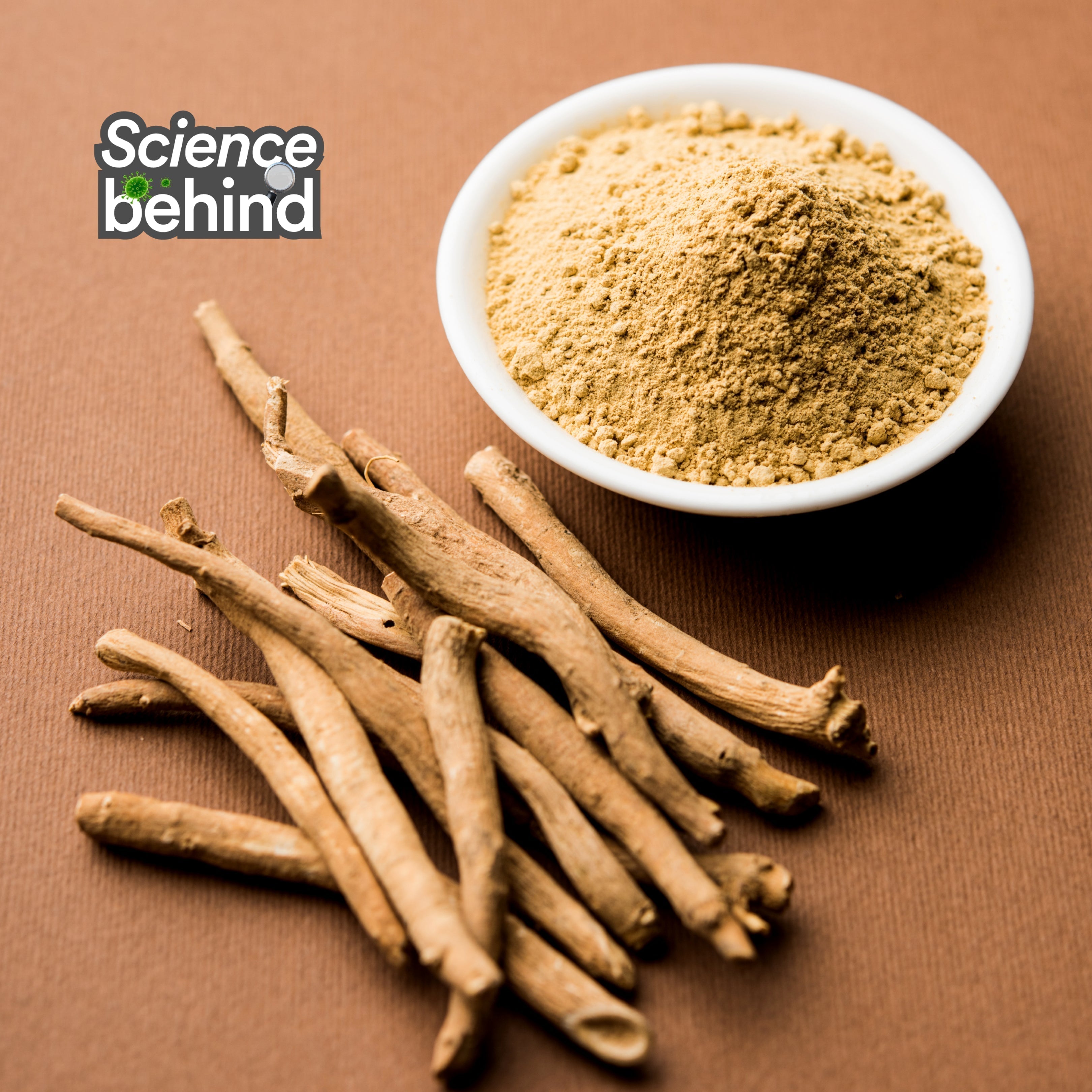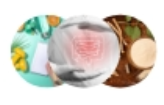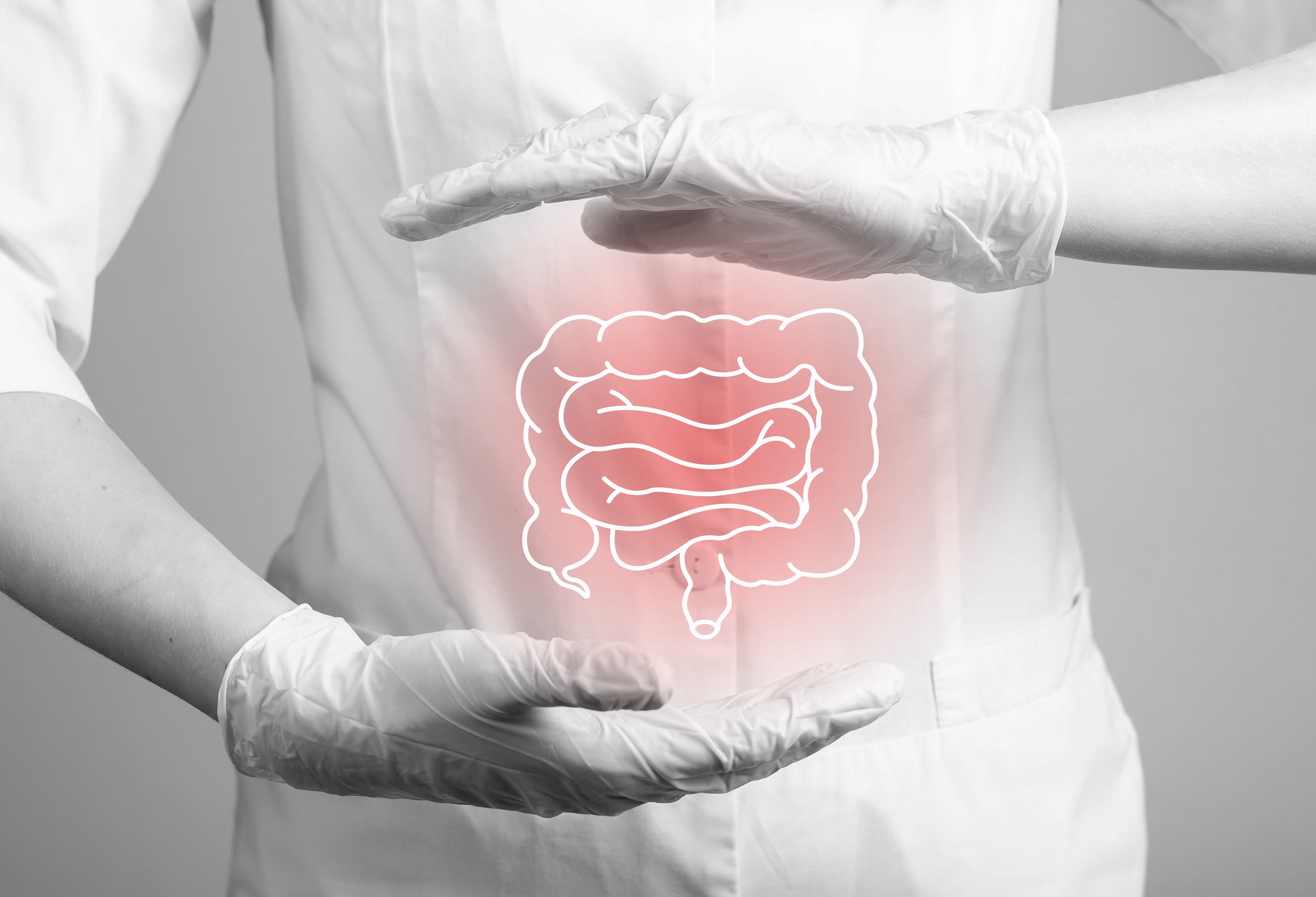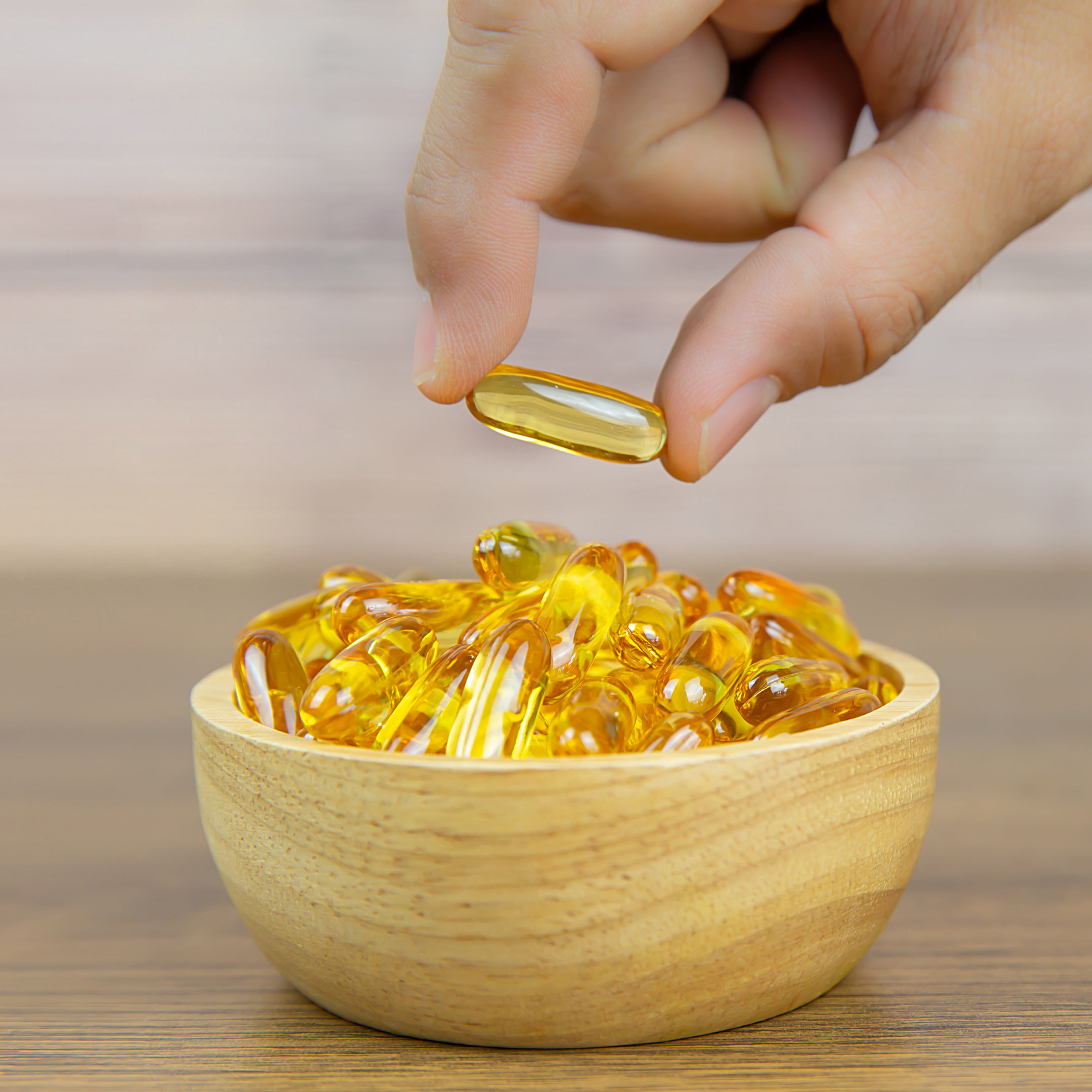What Are Antioxidants? Types, Benefits, and Best Food Sources
In a world that’s constantly throwing stressors at your body, from pollution and processed food to everyday stress and screen time, your cells rely on one key defense system: antioxidants.
This guide is for you if you're wondering:
-
What exactly are antioxidants?
-
Why does everyone talk about free radicals?
-
What can you eat to naturally support antioxidant levels?
-
Are antioxidant supplements really worth it?
-
And what’s the science behind antioxidant enzymes?
Let’s unpack it all in a way that feels clear, grounded, and empowering—without the overwhelm.
What Are Antioxidants, Really?
Antioxidants are compounds that protect your cells against oxidative stress, a process triggered by unstable molecules known as free radicals. When left unchecked, free radicals can damage your DNA, proteins, and cell membranes, contributing to chronic conditions like heart disease, diabetes, aging skin, and low immunity.
Your body naturally produces antioxidants, but you also get them from food and certain supplements.
Think of antioxidants as your body’s cleanup crew, working behind the scenes to help you stay balanced, steady, and supported.
So, What Causes Free Radical Damage?
Free radicals are byproducts of normal metabolism, but their production ramps up due to:
-
Environmental toxins (pollution, radiation, UV exposure)
-
Cigarette smoke and alcohol
-
Stress and poor sleep
-
Inflammatory foods (refined sugar, fried food, processed meats)
-
Excessive exercise without recovery
When your body can’t keep up with neutralizing free radicals, it leads to oxidative stress, and that’s when the damage begins.
The Role of Antioxidants: Your Body’s Natural Defense
Antioxidants work by donating electrons to free radicals, stabilizing them and preventing damage.
They come in two forms:
-
Endogenous (produced by your body)
-
Exogenous (from diet or supplements)
Let’s start with the antioxidants you can get from your diet, the everyday heroes on your plate.
Top Exogenous Antioxidants & Their Food Sources
These antioxidants are obtained from your food and play a key role in supporting your body's natural defenses:
-
Vitamin C
Why it matters: Water-soluble, supports immunity, collagen synthesis, and skin repair
Sources: Citrus fruits, kiwi, berries, broccoli, spinach -
Vitamin E
Why it matters: Fat-soluble, protects cell membranes, and supports immune function
Sources: Nuts, seeds, avocado, sunflower oil -
Flavonoids
Why it matters: Plant compounds with anti-inflammatory and heart-supportive properties
Sources: Dark chocolate, green tea, apples, onions, berries -
Beta-Carotene
Why it matters: Converts to vitamin A, supports vision and skin health
Sources: Carrots, sweet potatoes, pumpkin, apricots -
Lycopene
Why it matters: Potent antioxidant for skin and prostate health
Sources: Tomatoes, watermelon, pink grapefruit, guava -
Selenium
Why it matters: Trace mineral essential for thyroid function and antioxidant enzyme support
Sources: Brazil nuts, tuna, eggs, brown rice -
Coenzyme Q10 (CoQ10)
Why it matters: Supports cellular energy production and heart health
Sources: Organ meats, sardines, spinach, whole grainsNote: Levels may be low in individuals on statins or with certain conditions, supplementation may be needed
-
Astaxanthin
Why it matters: One of the most powerful antioxidants supports skin, eye health, and endurance
Sources: Microalgae, krill, salmon, shrimp
Note: Natural dietary sources are limited, and are often taken as a supplement
Tip: Eat the rainbow. The more colorful your meals, the richer they are in antioxidants.
Endogenous Antioxidants: Your Body’s Internal Defense System
Your body produces its own antioxidant enzymes, forming a powerful internal defense network. While these aren’t found directly in food, they are activated and supported by specific nutrients.
1. Superoxide Dismutase (SOD)
What it does: Converts superoxide radicals into less harmful molecules
Supported by: Barley grass, wheatgrass, broccoli (rich in minerals like manganese, copper, zinc)
2. Catalase
What it does: Breaks down hydrogen peroxide into water and oxygen
Supported by: Cabbage, spinach, potatoes (rich in antioxidant cofactors)
3. Glutathione Peroxidase
What it does: Neutralizes hydrogen peroxide and lipid peroxides
Supported by: Selenium-rich foods like Brazil nuts and eggs
4. Glutathione
Often called the “master antioxidant”
What it does: Regenerates other antioxidants and detoxifies harmful compounds
Produced in: The liver
Note: Can be supported through foods like garlic, cruciferous vegetables, and whey protein; also available as a supplement
Together, exogenous and endogenous antioxidants form a complete defense system, working from the outside and the inside to protect your cells from oxidative stress.
When Food Isn't Enough: Do You Need Antioxidant Supplements?
Food should always be your foundation. But sometimes your body needs extra support, especially if you:
-
Live in a polluted city
-
Have high stress levels
-
Follow a restricted diet
-
Have nutrient absorption issues
-
Are recovering from illness or inflammation
That’s when thoughtfully formulated supplements can step in.
Astaxanthin, in particular, stands out for its bioavailability and broader benefits. It crosses the blood-brain barrier, supports endurance, improves skin moisture, and even shields your eyes from screen-related fatigue.
Want to go deeper? [Check out our blog on The Science Behind Astaxanthin and How it works to reduce oxidative stress.]
Quick Recap for Skimmers

Final Thought
Supporting your body with antioxidants isn’t about chasing perfection. It’s about helping your body stay balanced, resilient, and nourished in a world that constantly challenges it.
